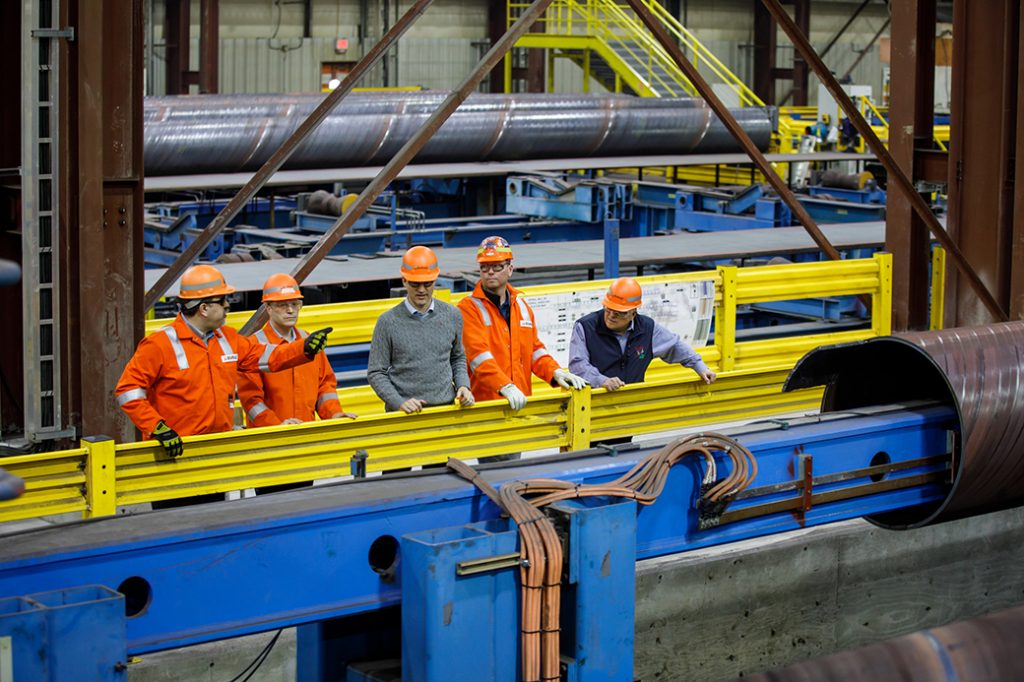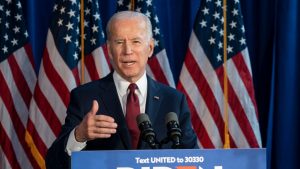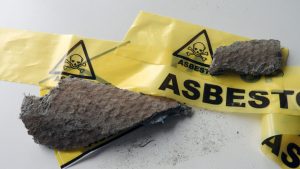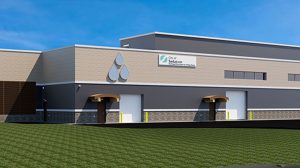Often with age comes wisdom and perspective that can be comforting to others in trying times.
So when younger members of the United Steelworkers Local 5890 working at the Evraz Regina steel plant feel buffeted by the triple threats to their jobs caused by steel tariffs, steel dumping and the potential loss of pipeline contracts due to a shift in political winds, they often turn to Bill Edwards, a former union local president who started with the company back in 1981.
The June 1 Trump tariffs, Asian dumping and roadblocks set up by the British Columbia NDP government to the expansion of Kinder Morgan’s Trans Mountain pipeline have so far not led to any layoffs at the Evraz Regina plant, one of North America’s pre-eminent manufacturers of tubular steel, but that doesn’t mean his fellow steelworkers aren’t worried, Edwards said recently.
“The younger guys turn to us older guys and say, ‘how did you get through this?’” he commented. He responds by telling them things could be worse. “The early ‘80s was the last time we faced this. We had doubledigit inflation, double-digit interest rates, dumping and tariffs. Then in the early ‘90s we were hit with tariffs by George Bush.
“It is scary. But with today’s low interest rates it is not quite as scary.”
Evraz Regina uses an electric arc furnace to produce high-strength steel that is rolled into coil and plate, primarily for tubular products at Regina and three mills in Alberta. It was founded in 1956 and purchased from IPSCO in 2008.
There are now about 1,100 workers at the plant and Steelworkers Local 5890 president Mike Day said they are currently hiring.
Canada is the U.S.’s number one supplier of steel, with the U.S. relying on Canadian mills for 16 per cent of its imports. Steel imports back and forth between the U.S. and Canada were typically in the $6- to $7 billion range before both countries imposed import tariffs.
Evraz declined to comment for this article.
It’s not surprising, Day said, given that delicate talks are continuing with its U.S. customers as they discuss how the 25-per-cent steel tariff will be absorbed.
Day said the union has good communications with Evraz management, with their interests closely aligned, but the steelworkers are not privy to negotiating details.
The steelworkers, however, are sure of one thing — the tubular steel they manufacture is the best for pipeline purposes in North America, they say, which means U.S. customers like Cheniere are keen to find a way to make existing contracts work even with the tariffs.
“The company and the customer, as soon as this hit, were in negotiations,” Day said.
“This order had been in place about a year and all of a sudden the tariffs hit and so they have to figure out how the 25 per cent is going to affect the price but it is one of those things, they already have a contract. How that is going to play out, that is beyond my realm. But all I know is the pipe was starting to flow so that is a good story.”
Day said of the handful of contracts with U.S. pipe buyers currently subject to tariffs, so far the news has been positive. With one order for 24-inch pipe, he said, “that was taken care of immediately, the customer said, ‘get it to us, we’ll deal with it, get us our product.’”
But the future is uncertain, said Day.
“How is that going to look for future profits of the company?” he asked. “I know they are always looking to expand, but there are still unknown questions.”
While so far Local 5890 appears to be unscathed by tariffs, the same can’t be said for pipeline politics. The rejection of Northern Gateway by the federal government was disappointing, said Day, the cancellation of Energy East was a big blow, and the uncertainty surrounding Kinder Morgan’s Trans Mountain line puts Evraz Regina jobs in direct jeopardy.
Evraz issued a statement in February calling on the B.C. government to let Trans Mountain proceed, highlighting a contract for 275,000 tons of pipe set to be produced in Regina. Manufacturing of the pipe began in Regina in October 2017 and was set to continue through May 2019.
“If you look at Trans Mountain and think of that, 12 to 18 months of work, and looking at Energy East, the sheer length of time it would have taken us to produce that, a lot of people would have had certainty in their jobs, that’s for sure,” said Day.
There was positive news not long ago, however, with word that Evraz has signed a deal to deliver pipe to Trans Canada for a western coastal pipeline.
Concern turns to anger and frustration when Day and Edwards talk about steel dumping. Edwards said China and Korea have been dumping steel for years.
Today, he said, dumping can be seen as a byproduct of steel tariffs imposed worldwide, with ships originally bound for Houston now likely to continue up to Canada to dump the product.
Both steelworkers praised recent federal government efforts through the Canada Border Services Agency to crack down on the practice.
As for Canadian pipeline buyers that purchase cheap dumped steel, rejecting Evraz, Day and Edwards spoke with undisguised contempt.
Last fall, Day was invited by Evraz to travel to Ottawa to address a hearing on the effects of Korean steel dumping on Evraz jobs.











Recent Comments
comments for this post are closed